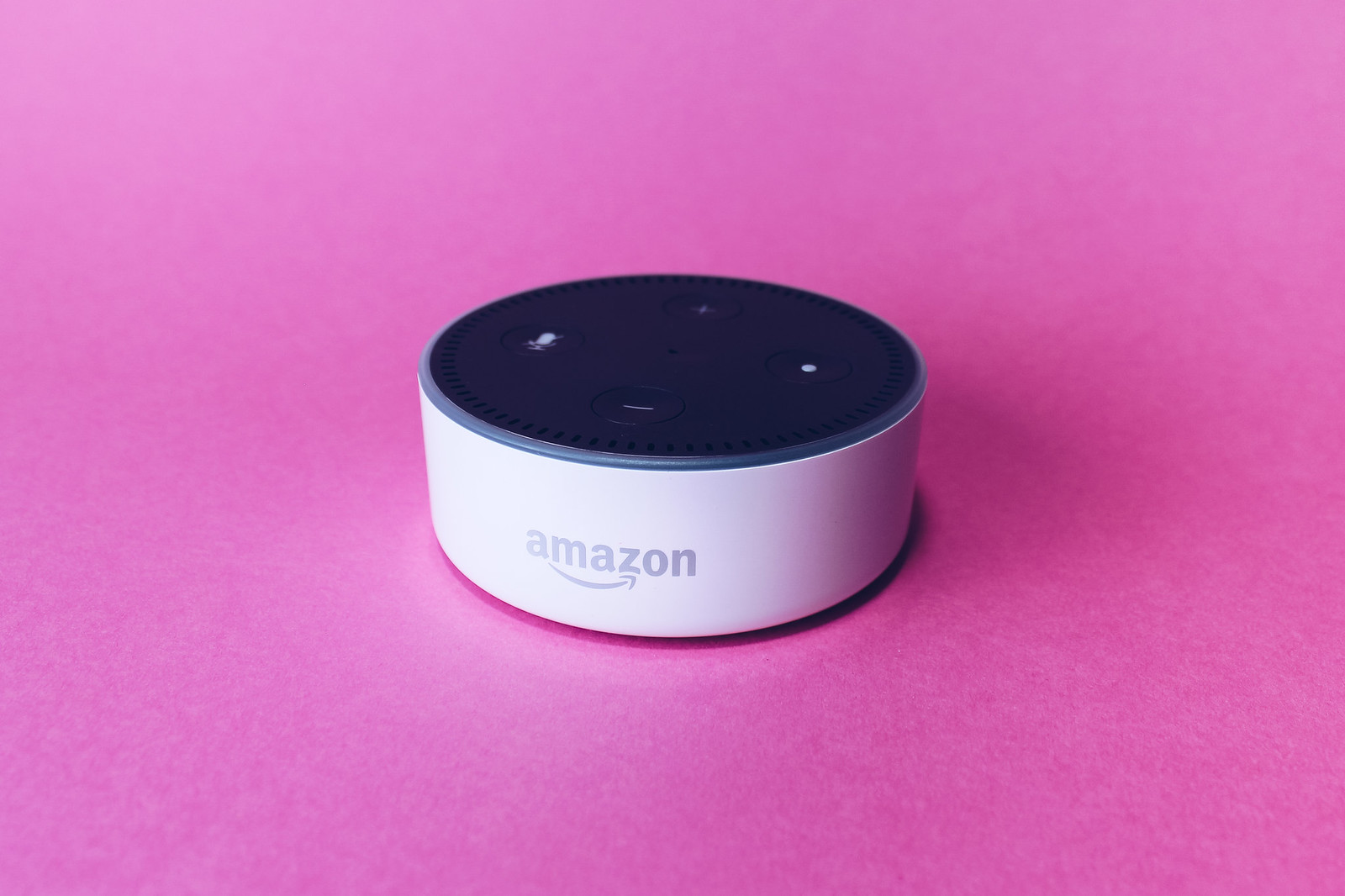
Avoiding dangerous toys
Play is an essential part of childhood. Unfortunately, thousands of children go to the emergency room every year because of injury from unsafe toys. Our tips will help you to choose the right toys for the children in your life.
- Make sure toys are age-appropriate by checking the label before buying. Toys for older children should be kept separate from toys for younger children.1
- Throw away packaging after purchase. Children can suffocate on thin plastic bags, or choke on peanut-style packaging. 2
- Avoid choking hazards. Children three years of age and younger should only play with toy parts larger than the opening of a toilet paper roll.3 Never give balloons or small balls to young children—balls for children under six must be larger than 1.75” in diameter. Children should not play with toys that run on watch-sized “button” batteries, because they also present the risk of choking and fatal internal injury (from battery acid).4
- Don’t allow children to play with magnet toys. When swallowed, high-powered magnets attract to each other inside of the digestive tract, causing ulcerations, bowel blockage, and severe infection. Most injuries involve young children, but injuries to teens have also been reported. Powerful earth magnets intended for use by adults, such as those in office supplies, pain relief products, and office desk toys, should also be kept away from children.5
- If it sounds too loud, it probably is. Some toys produce sound at levels equivalent to a lawnmower, which is loud enough to cause permanent hearing loss. Listen to new toys when purchasing them, and be especially careful when buying cap guns, talking dolls, toy cars with horns and sirens, walkie-talkies, instruments, and toys with cranks.6
- Don’t allow children to play with long cords or strings. Mobiles should be kept out of reach, and removed from the crib when the baby begins to push him/herself up. Ribbons or cords attached to toys should not be longer than 12”. Clothing with drawstrings should not be purchased if they could become hooked on a fixed object.7
- Find out if toys contain toxic chemicals. Healthystuff.org has chemical content ratings for over 5,000 products. Healthystuff.org tests for BPA (bisphenol A), NPEs (nonylphenol ethoxylates), lead, arsenic, hazardous flame retardants, and many more classes of toxic chemicals. Home lead testers are sold at hardware stores, and can be used to test costume jewelry, metals, and paints.
- Consider whether the toy is heavy enough to cause injury if it fell on the child.8
Additional Information:
The Consumer Product Safety Commission recalls many toys, and maintains an archive of old recalls. You can also go there to sign up for email alerts. If you think a toy or product is dangerous, contact the CPSC to report it:
By phone: (800) 638-2772
On the web: www.saferproducts.gov
Sources:
- http://www.safekids.org/safety-basics/safety-spotlight/toy-safety/
- http://ec.europa.eu/enterprise/sectors/toys/files/toys-safety-tips/toy_s…
- http://www.babycenter.com/0_tips-for-toy-safety_423.bc
- http://www.cdc.gov/mmwr/preview/mmwrhtml/mm6134a1.htm
- http://www.cpsc.gov/en/Newsroom/News-Releases/2012/CPSC-Warns-High-Power…
- American Speech-Language Hearing Association: http://www.asha.org/public/hearing/Noisy-Toys/
- http://www.uspirg.org/resources/xxp/tips-toy-safety
- http://www.babycenter.com/0_tips-for-toy-safety_423.bc
Topics
Find Out More


Safe At Home in 2024?

What the California Consumer Privacy Act means for you


